Jens Loescher (Berlin) p.58-87
2008 Issue 2
Abstract
There is an amazing phenomenon with students writing creative texts in L2/L3. Especially the retrieval of mental concepts and lexical access, but also syntactic encoding are facilitated by the act of writing and the specific processing paths creative writing tasks elicit. This ‘lightening’-effect writing initiates is my primary concern here. For my argument I use one of the first ‘psycholinguists’, Karl Bühler, but I also turn to language-production-research (Levelt, Bock, Garrett) in order to garner my hypotheses about writing. In order to test and modify these hypotheses I opted for a qualitative design with thinking-aloud-protocols and interviews.
If the lightening-thesis is correct (writing as a tool to alleviate mental loads due to L2/L3 processing) there are some interesting repercussions for SLA-research:
- What exactly is a mistake? I propose it is a cognitive marker for the ‘failing’ read-out-mechanism of writing ideation.
- If there are different mental lexicons with respect to languages (Paradis, de Bot), could there be modality-specific output-modes for writing and speaking as well as specific access- and encoding-paths for these? Is there information tagged to the lemma as to output-modality?
- A component called prospective reading could rely on this ‘early’ lemma-information and govern incremental processing of writing ideation.
